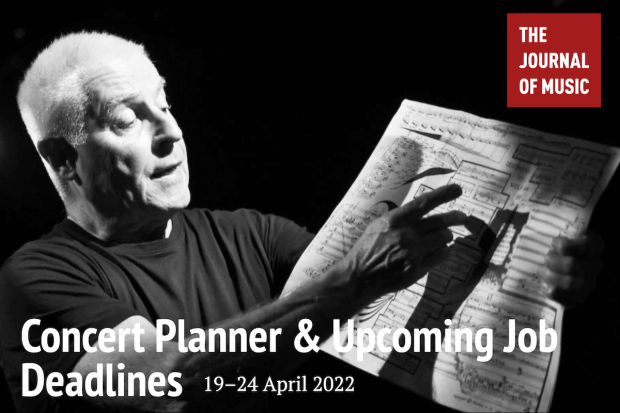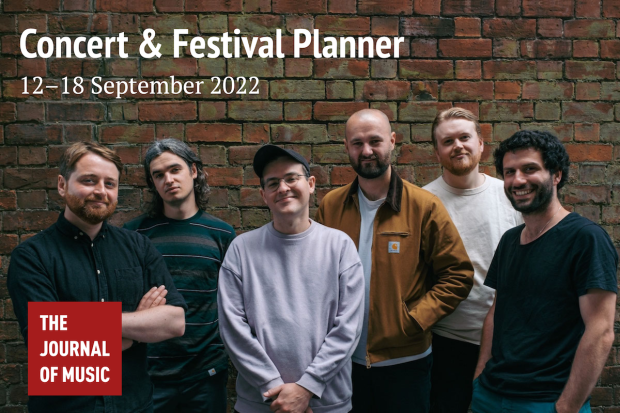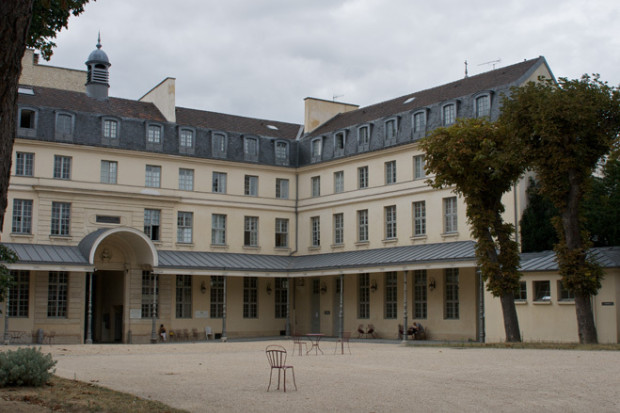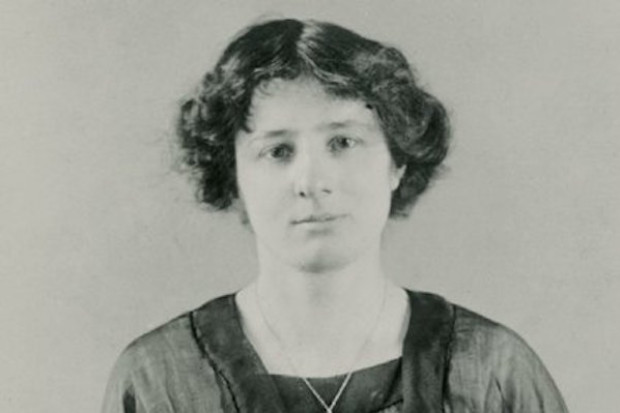
RTÉ National Symphony Orchestra: Gerald Barry
RTÉ National Symphony Orchestra
Alexander Anissimov (conductor)
National Concert Hall, Dublin
6 February 2009
Pairing two objects side by side, by design or by accident, illuminates and reflects something in, and of, the other. Their positioning, one after another, affects how we comprehend what follows.
This beside that.
Gerald Barry’s latest commission from RTÉ, No other people., was, on first impressions, underwhelming. The opening is distressing in its everydayness: repeated minor thirds in the horns circle a clean melodic line in the low strings, more at home in an imaginary hunting scene from a Tchaikovsky ballet. This was not the Barry I had been expecting.
But once past the everyday romantic impressions, Barry’s fingerprints (those jagged contrasts of tempi, texture and colour) began to reveal themselves. In Barry’s earlier orchestral works, melodic lines indignantly refuse to develop or conclude; in No other people., melodic material still refuses to be coerced, but now with an air of politeness. Simple figures whirling around cadences, wistful minor thirds detached from some other time and place, banal scale figures tasseled with a twisted fifth – all declaim and repeat, positioned in between the briefest of pastoral images with an ‘objective tenderness’ (to quote Kevin Volans).
That beside this.
The orchestration, as ever, is slightly unhinged, dark and heavily askew towards the orchestra’s right-hand side: brass, cellos and double basses. Three quarters of the way through, broad orchestral sweeps skim across the palette, reminiscent of that spectacular end to Act I from Barry’s opera, The Bitter Tears of Petra von Kant. Finally, this was the Barry I know and love, but the material quickly unclenches, as if walking past an expectant plunge pool of elegant chorale-like calm without jumping in.
This beside that.
The work doesn’t so much end as the material ceases to illustrate any further. These days, Barry’s signature is more alluring, but he still continues to be banally obvious. Sometimes so obvious we cannot even see.
Published on 1 April 2009

















